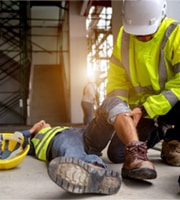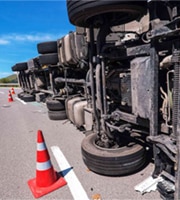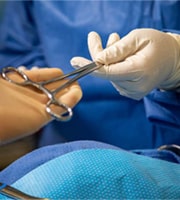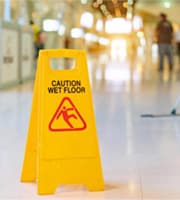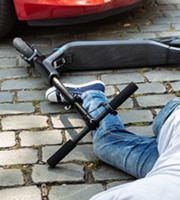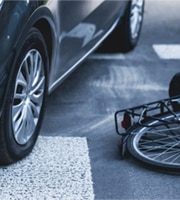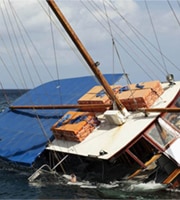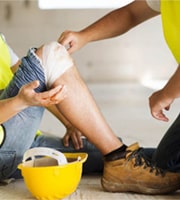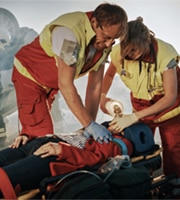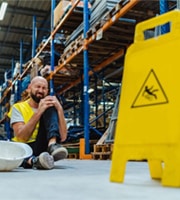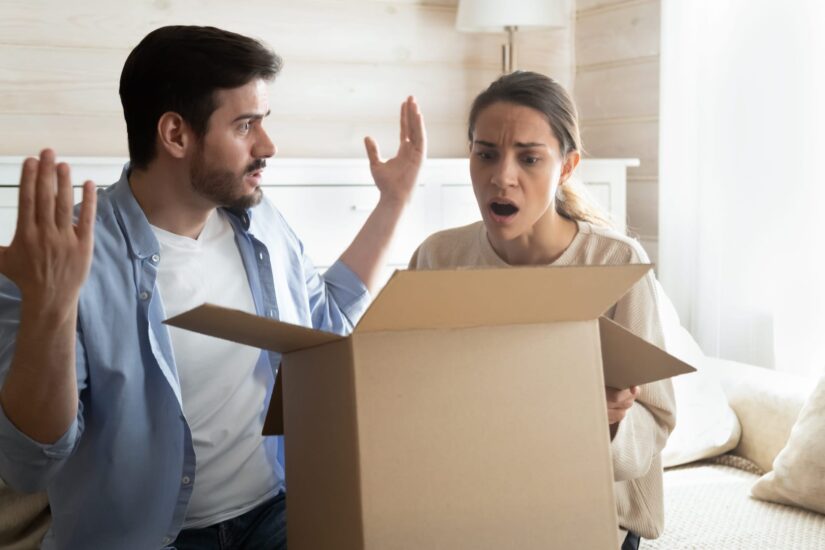
Defective or dangerous products cause of hundreds of injuries every year in Florida.
Product liability claims are based on state laws and brought under the theories of negligence, strict liability, or breach of warranty.
A set of commercial statutes in each state (modeled on the Uniform Commercial Code) will contain warranty rules affecting product liability. Responsibility for a product defect that causes injury lies with all manufacturers or sellers of the product who are in the distribution chain.
Your attorney will need to take a close look at the product in question and possibly work with specialists who can make sense of what went wrong in the lead-up to your accident. It is likely that many others are at risk of injuries due to the defect if it was designed into the product, as opposed to a manufacturing defect that may be a one-off mistake. In many design defect cases, victims will file a class-action lawsuit, but there are plenty of reasons why a victim would want to take specific action on their own.
Below are some of the typical product liability cases we deal with at BK Law.
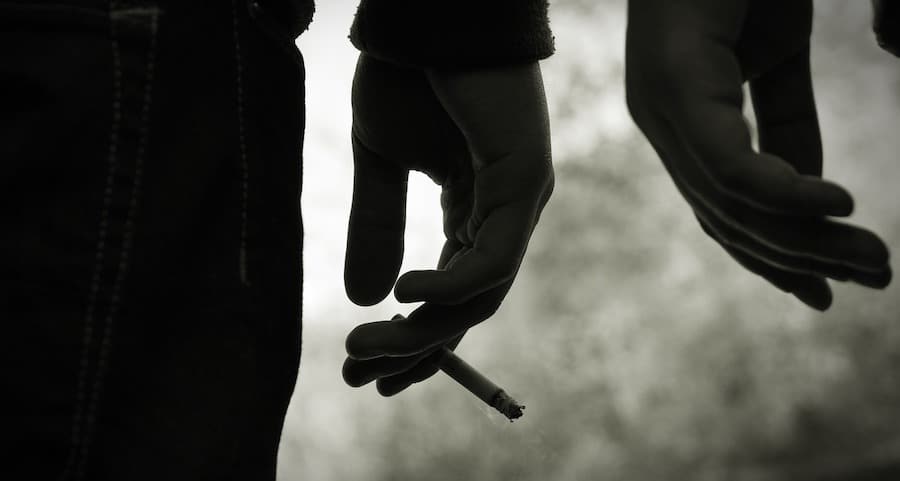 Tobacco Product Liability Litigation
Tobacco Product Liability Litigation
There is an established precedent of tobacco product liability litigation in the United States. Since the 1990s, more than 40 states have sued tobacco companies under state consumer protection and antitrust laws. These states argued that cigarettes contributed to health problems that triggered significant costs for public health systems.
In these lawsuits, the tobacco companies could not use the defense that had proven so successful in lawsuits brought by individuals—that the smoker was aware of the risks and decided to smoke anyway.
Tobacco companies have been found liable for failing to warn people about the dangers of smoking on their health and quality of life. They have been found liable for their misleading marketing campaigns that focused on smoking cessation.
 CPAP Product Litigation
CPAP Product Litigation
Ventilator machines can help people with sleep apnea keep their airways open while they are asleep. But Philips, one of the biggest makers of sleep apnea machines, has recalled millions of BPAP (short for Bilevel Positive Airway Pressure) and CPAP (short for Continuous Positive Airway Pressure) mechanical ventilator devices in the United States.
The recall of their sleep apnea machines is due to serious potential health risks related to the toxic polyester-based polyurethane (PE-PUR) foam these devices were equipped with to keep the machine quiet during use. Philips concedes the degraded particles and gases may be toxic to patients and could potentially cause cancer.
Blitz Gas Can Product Litigation
In terms of product liability, a design defect is a defect that the product company failed to recognize during their design iterations and introduced the product to the public with this unsafe defect present. The defect may not have been noticed during trials or may not have been recognized until users began to engage with the product in real-world situations, but regardless of why the defect is present, any victims of an accident caused by the defect are entitled to compensation for their damages.
One famous example of a design defect case is Blitz gas cans and a design flaw that led to “dozens of casualties linked to explosions while people used the cans,” according to the New York Times. The design issue left cans “susceptible to “flashback” explosions caused when gasoline vapors outside the cans ignited and followed the vapor trail back into the container.
After a number of lawsuits, the company filed for bankruptcy, resulting in many cases being stayed, although many more victims received millions in compensation through settlements with Blitz’s insurers (and two lawsuit awards) between 1994 and the closure of the company in 2012.
Many of us travel up and down elevators and escalators daily and do not give it a second thought, but when something goes wrong on one of these machines, the results can be catastrophic. These complicated machines require ongoing maintenance and care to ensure that riders are able to use them without incident, but sometimes this is not the case, and people are either injured or killed in an accident. If you or a loved one has suffered injuries in an elevator or escalator accident, you may be entitled to compensation for your damages, well beyond the initial damages like your medical bills or impacts to your earnings. The best way to get the money you deserve is by working with an experienced and aggressive personal injury attorney.
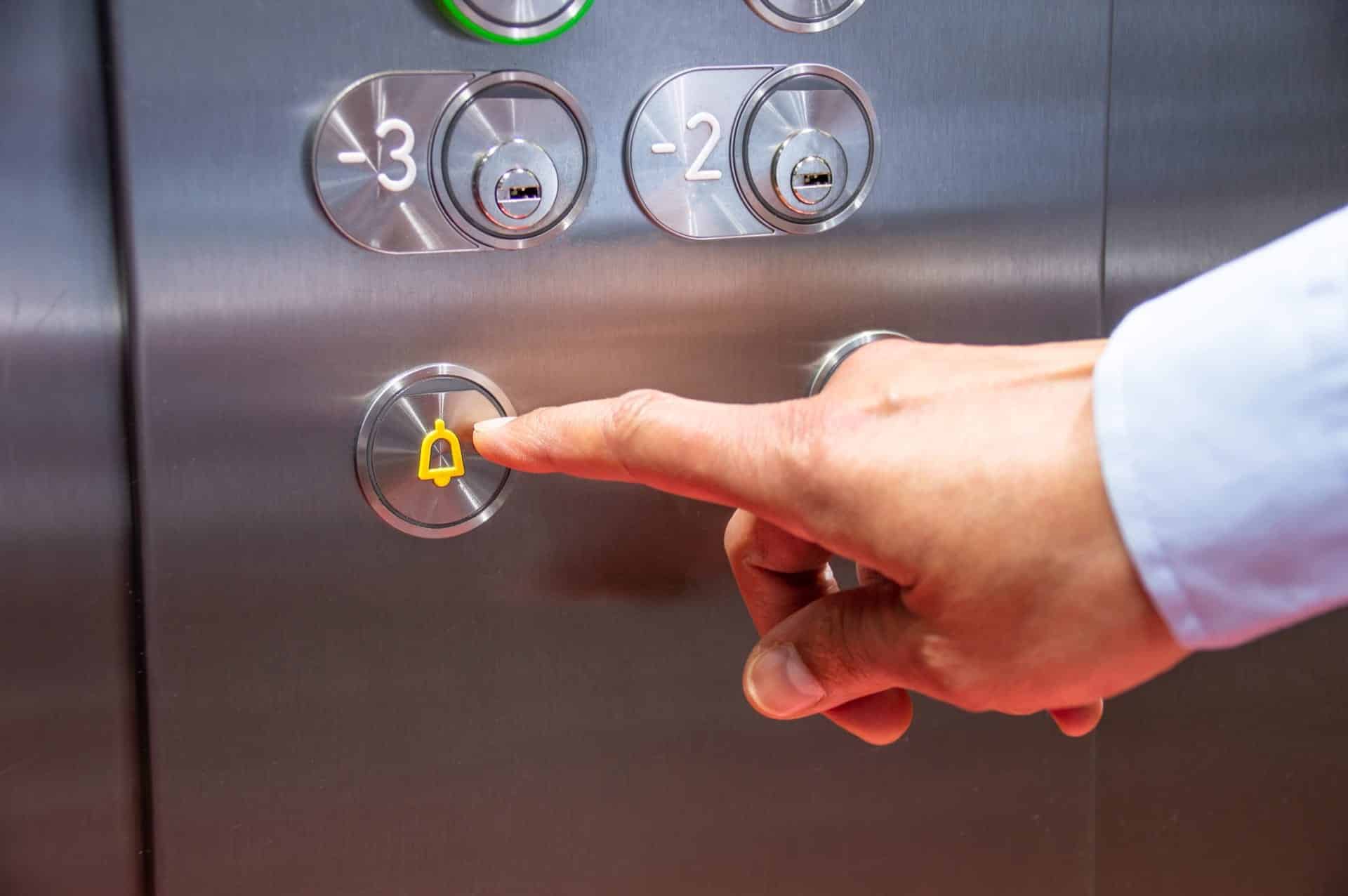 Elevators and Escalators
Elevators and Escalators
If you or a loved one has suffered injuries in an elevator or escalator accident, you may be entitled to compensation for your damages, well beyond the initial damages like your medical bills or impacts to your earnings. The best way to get the money you deserve is by working with an experienced and aggressive personal injury attorney.
Elevators and escalators are typically found on commercial or government properties, meaning that you will either be filing a claim against a company (or, more accurately, their liability insurance company) or against a government agency (which is a very different type of claim).
The at-fault party or their insurer will be working to settle your case as quickly as possible, for as little as possible. To get the money you deserve, you will need to take an active role in the claims investigation and an aggressive stance when it comes to settlement negotiations, which can feel impossible when you are trying to focus on your recovery.
How BK Law Can Help
When you purchase a product that is licensed and approved for sale in the United States, you have a legal right to expect that the product will function as advertised and expected and that normal, correct use of the product will not result in an injury.
If you or a loved one has been hurt or killed due to a dangerous design of a product, working with a team of experienced personal injury attorneys is an important step to make sure that you get the money you deserve. Call us now.


